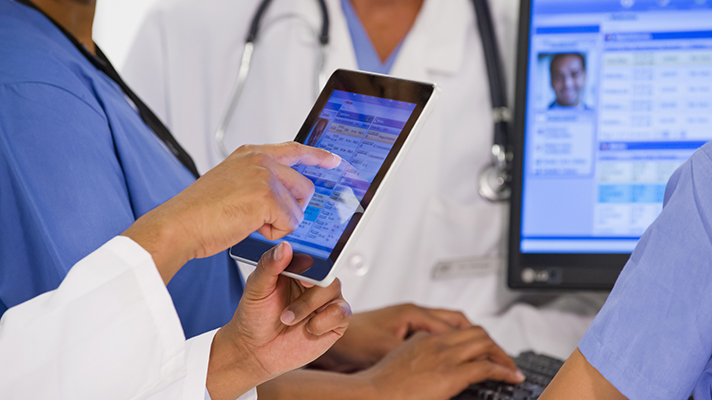In the digital age, the concept of Personal Health Records (PHRs) has gained significant traction, revolutionizing how individuals manage and access their health information. PHRs are secure, electronic repositories that store an individual’s health-related data, providing a comprehensive record of medical history, treatments, medications, test results, and more. As a tool for empowering individuals in their healthcare journey, PHRs offer numerous benefits and opportunities for better coordination, communication, and informed decision-making.
Accessibility and Convenience
One of the primary advantages of PHRs is the accessibility and convenience they offer. Patients can access their health information anytime, anywhere, through secure online platforms or mobile applications. This accessibility allows individuals to keep track of their medical history, appointments, prescriptions, and test results, facilitating better coordination of care among healthcare providers.
Comprehensive Health Information
PHRs serve as centralized repositories that compile diverse health-related data into a single record. This information includes details about medical conditions, allergies, medications, immunizations, surgeries, lab results, and more. Having a comprehensive view of one’s health history assists healthcare providers in making more informed decisions and providing personalized care.
Improved Communication and Coordination
PHRs promote enhanced communication between patients and healthcare providers. Patients can share their PHRs with different providers, specialists, or caregivers, fostering better coordination of care. This seamless exchange of information helps prevent medical errors, redundant tests, and ensures that all healthcare professionals involved in a patient’s care have access to updated and accurate information.
Empowerment and Informed Decision-Making
By having access to their health records, individuals become active participants in their healthcare decisions. PHRs empower patients to better understand their health conditions, treatment options, and outcomes. This knowledge enables informed discussions with healthcare professionals, leading to collaborative decision-making that aligns with the patient’s preferences and goals.
Continuity of Care and Emergency Preparedness
PHRs contribute to continuity of care by maintaining a comprehensive record that spans various healthcare settings. In emergency situations or when seeking care from new providers, having access to critical health information can be lifesaving. Emergency responders or healthcare providers can quickly access essential details, such as allergies, medications, and previous treatments, ensuring appropriate and timely care.
Privacy and Security Measures
Ensuring the privacy and security of personal health information is paramount in PHRs. Robust encryption, authentication methods, and adherence to regulatory standards, such as HIPAA (Health Insurance Portability and Accountability Act) in the United States, are crucial in safeguarding sensitive health data. Patient consent and control over who can access their PHRs further strengthen privacy measures.
Future of Personal Health Records
As technology continues to evolve, the future of PHRs holds the promise of more sophisticated features. Advancements in interoperability, artificial intelligence, and data analytics may lead to predictive analytics, personalized medicine, and improved population health management. Additionally, the integration of wearable devices and health monitoring tools may further enrich PHRs with real-time data, offering a more holistic view of an individual’s health.
In conclusion, Personal Health Records represent a transformative tool in healthcare, empowering individuals to actively engage in managing their health information. By fostering accessibility, communication, and informed decision-making, PHRs play a pivotal role in enhancing patient-centered care, improving health outcomes, and ultimately, fostering a healthier society. As technology continues to advance, the evolution of PHRs holds tremendous potential in shaping the future landscape of healthcare.

